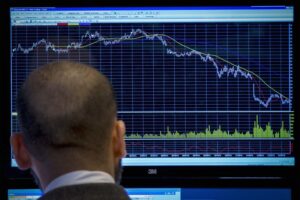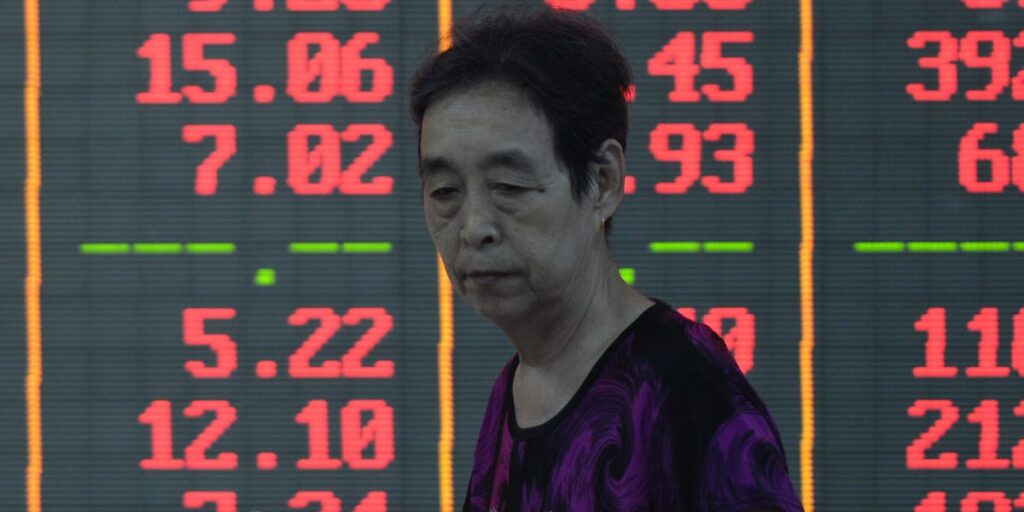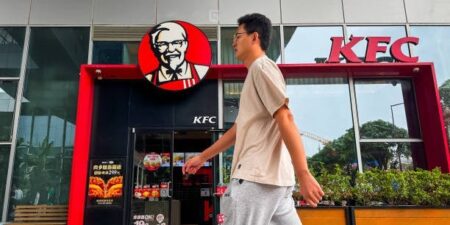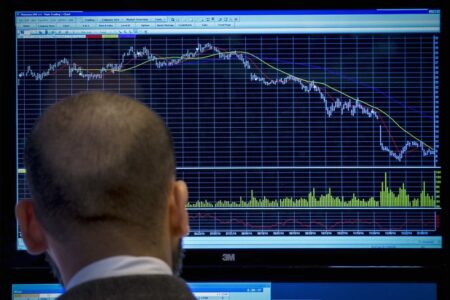- China’s aggressive stimulus measures have sparked a significant stock market rally.
- Many analysts say the measure is not enough to fix the challenges in China’s economy.
- However, the measures aim to boost sentiment and stem the negative feedback loop between markets and the economy.
Skeptics have been out in force since China rolled out aggressive stimulus measures last week to prop up its ailing economy and markets.
It’s just not enough to reverse the magnitude of China’s problems — including an epic property crisis and high youth unemployment — they say.
Still, traders, investors, and speculators have sent China’s stock market to its best month in nearly a decade, signaling that the market players think that Beijing’s moves are a “bazooka.”
On Monday, mainland China’s benchmark CSI 300 closed 8.5% higher, posting its biggest gain since 2008.
Hong Kong’s Hang Seng Index gained as much as 4.2%.
The gains are significant because the Chinese markets were in a prolonged market slump until last week’s announcements.
“The PBoC and Politburo, all leaning in on putting a floor in property, boosting equities and backstopping households, have hit the right notes,” Vishnu Varathan, Mizuho’s macro research head for Asia excluding Japan, wrote in a note on Monday.
The People’s Bank of China’s stock market stimulus was unusual.
State media China Securities Journal explained the thinking behind the move in an editorial on Monday
“The capital market is not only a ‘barometer’ of the macroeconomy, but also a ‘thermometer’ of investor sentiment,” said the editorial, which acknowledged the vicious cycle of negative feedback between the stock markets and economic sentiment.
“Boosting the capital market is an important breakthrough in strengthening confidence. An active stock market and improved investor confidence will improve expectations for economic development,” the media outlet wrote.
Chinese central bank governor Pan Gongsheng even said during his Tuesday announcement of the stimulus measures that authorities would consider injecting more liquidity into the system if stock market support measures from swaps and loans for share buybacks prove to be successful.
Pan did not spell out the definition of success or put a limit to the amount of additional liquidity that authorities could inject, fueling euphoric hopes that the Chinese Communist Party could come close to throwing the kitchen sink.
“In other words, the state is actually telling investors that the Chinese stock market will not continue to decline, and China will provide ‘unlimited ammunition’ to support the stock market,” Criss Wang, an independent analyst who publishes on the Smartkarma platform, wrote on Monday.
Once the capital market is stabilized, overall sentiment would improve and boost the economy, she added.
New tactics and shrinking factory activity
The PBOC’s recent intervention is a “clear departure from previous policy,” wrote Global Data.TS Lombard economists wrote in a note last week.
“The bank, which usually cautions against speculation, now seeks to encourage it!” they added.
Whether such a strategy would work in the long run is a question mark, since China’s economy faces significant fundamental challenges.
China’s factory activity shrank for a fifth straight month in September, official data showed on Monday.
But the financial markets are fickle and trading increasingly automated, so there may be room for the rally to run.
“The sheer relief of coordinated China stimulus is manifesting as ‘risk on’ and can take on its own momentum,” wrote Mizuho’s Varathan.
The Hong Kong Stock Exchange will be closed on Tuesday for a public holiday.
Mainland China’s stock markets will also be closed from Tuesday to Monday.
Read the full article here
















